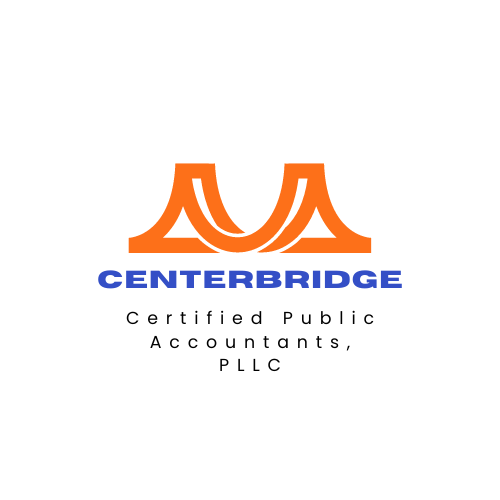Basic Accounting Principles for Real Estate Professionals
Different fields of study use specific terms that are not easily understood by others. If you’re an accounting student or a professional accountant, you know the different terms used in accounting. One general term is profit & loss.
So, do you know what the term means? To start with, you have to determine what profit means. Profit can be referred to as net earnings or net income. Businesses can either sell services or even products. Profit will come from the sales of these services and products. If the costs of running a business are controlled, it can add up to the profits.
Profits are also called ROI or return on investment. However, this term is often limited to securities like bonds or stocks. But still, some companies use ROI to mean short or long-term business outcomes. Taxable income is another term for profit.
Finance professionals determine the profit & loss of a particular company through accounting. They can determine what created the profits as well as the losses. Accountants form some business equations to justify the profits & losses. By doing so, they can quickly tell a company’s net worth.
It seems that simply starting to define one accounting term eventually leads to defining other terms. Net worth is another term that is quite difficult to understand. It refers to the resulting amount after deducting the liabilities of a company from the assets. Private companies refer to net worth as owner’s equity.
Why owner’s equity? Well, after deducting all the liabilities, what’s left belongs to the owner. In the case of public companies, the business’s profit is returned as dividends to shareholders. As you can see, before the owner or shareholders of a company can take hold of the profits, all liabilities must be deducted first.
Every business aims to get a good and positive figure because that would mean profit to them; if not, the business is at a loss. Societies and economies are built on profit. However, there are times when a particular business incurs losses. Consumer behaviors and economic trends change. Because of this fact, it is not possible to foresee its future performance at all times.
How can you tell if a business is at a loss? That is understandable, and even those with no accounting background know what it means. All liabilities will be deducted from the assets, and if it results in a negative amount, the business is at a loss. The company’s accounting staff can still pursue effective measures to revive the business. If the business has efficient and effective accounting staff, the business can improve soon.
A savvy real estate professional cannot argue that an accounting staff is needed to ensure the company’s success. Without them, the success of the business is not guaranteed. So the owner of the business should choose the best accounting staff. That way, all the financial transactions and decisions are noted and studied. Only then can the company gain profits.
Profit & loss is just a simple accounting term. Aside from the term, you also learned about net earnings, net income, net worth, and dividends.

Avoid The Critical Financial Mistakes Made By Real Estate Pros
Failing in the financial basics will doom your business. Get our free e-book "The Real Estate Pro's Guide to Financial Success" to see if you are set up for success.

